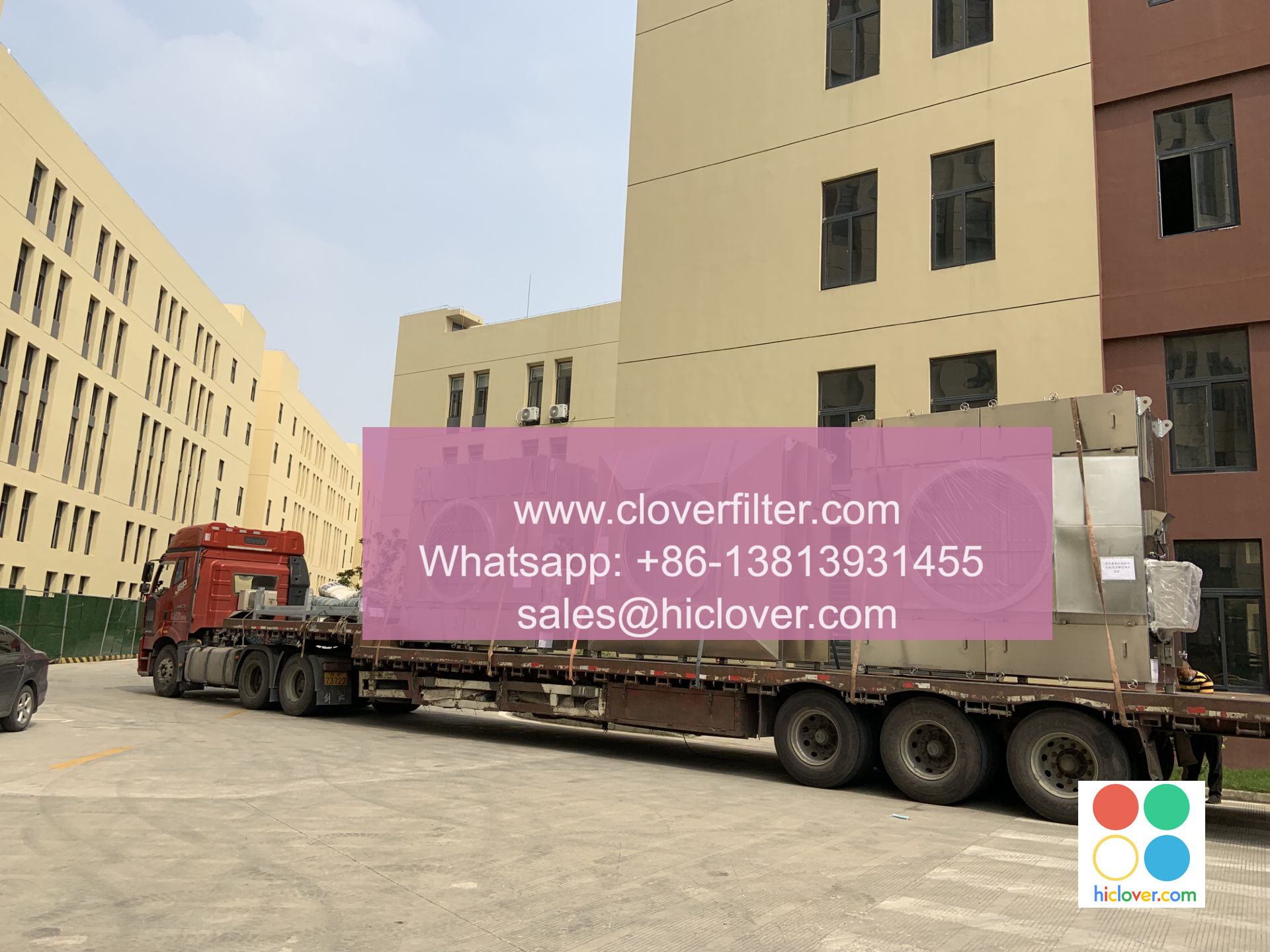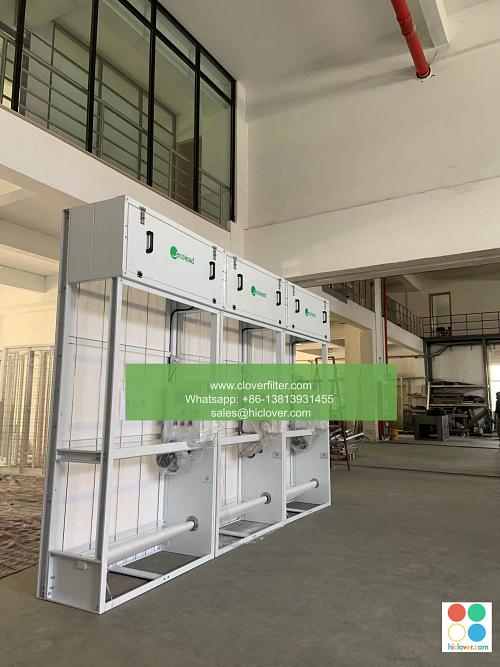Minimizing Contamination Risks: The Role of Automatic Roll Air Filters in Siemens Facilities

In industrial settings, particularly in facilities owned by multinational conglomerates like Siemens, maintaining a clean and contamination-free environment is of paramount importance. The presence of airborne contaminants can lead to a range of issues, from compromising product quality and reducing equipment lifespan to posing health risks to employees. One of the most effective tools in minimizing these risks is the implementation of automatic roll air filters. This article delves into the critical role these filters play in Siemens facilities, highlighting various application areas and the benefits they offer in terms of cleanroom technology, air pollution control, and indoor air quality management.
Introduction to Automatic Roll Air Filters
Automatic roll air filters are designed to provide a continuous and efficient means of removing airborne particles and contaminants from the air. Unlike traditional filter systems that require manual replacement, these filters automatically roll out a new section of filter media as the old section becomes saturated, ensuring a consistent level of air quality without the need for frequent maintenance shutdowns. This feature is particularly beneficial in 24/7 operational settings like those found in many Siemens facilities, where downtime can result in significant losses in productivity and revenue.
Role in Minimizing Contamination Risks
The primary role of automatic roll air filters in minimizing contamination risks can be seen in several key areas:
– Product Protection: In manufacturing environments, the quality of the air directly impacts the quality of the products being produced. Automatic roll air filters help ensure that the air is free from contaminants that could damage or compromise the integrity of sensitive electronic components or other products.
– Equipment Preservation: Airborne contaminants can also affect the lifespan and performance of equipment. By removing these contaminants, automatic roll air filters contribute to the longevity and efficiency of machinery, reducing maintenance costs and the need for premature replacements.
– Employee Health and Safety: Perhaps most importantly, these filters play a crucial role in maintaining a safe and healthy working environment. By removing harmful particles and contaminants from the air, they help protect employees from respiratory issues and other health problems associated with poor indoor air quality.
Application Areas in Siemens Facilities
Siemens, being a diverse conglomerate with operations in energy, healthcare, industrial automation, and mobility, among others, can benefit from the implementation of automatic roll air filters in various sectors:
– Manufacturing Floors: For the production of electronics, medical devices, and other sensitive equipment.
– Research and Development Labs: Where cleanroom technology is essential for conducting precise experiments and tests.
– Data Centers: To protect sensitive IT equipment from dust and other airborne contaminants that could lead to overheating or equipment failure.
– Healthcare Facilities: In hospitals and clinics, to ensure high indoor air quality and prevent the spread of airborne infections.
Benefits and Future Directions
The integration of automatic roll air filters into Siemens facilities offers numerous benefits, including enhanced product quality, reduced maintenance costs, improved employee health and safety, and increased operational efficiency. As industries continue to evolve, with advancements in IoT (Internet of Things) and smart manufacturing, the role of automatic roll air filters is likely to expand, incorporating more sophisticated technologies to monitor and control air quality in real-time. This could include intelligent sensor systems that detect contaminants and automatically adjust filter settings for optimal performance.
Conclusion
In conclusion, automatic roll air filters play a vital role in minimizing contamination risks in Siemens facilities, contributing to improved product quality, equipment longevity, and employee well-being. As a key component of air pollution control and indoor air quality management strategies, these filters are indispensable in various application areas across the conglomerate’s diverse operations. By embracing this technology, Siemens can further its commitment to innovation, sustainability, and operational excellence, setting a benchmark for industrial practices that prioritize both productivity and environmental responsibility.

